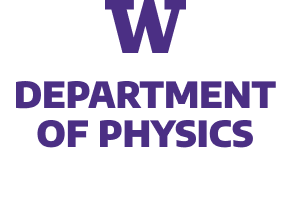We demonstrate how to construct a fully gauge-fixed lattice Hamiltonian for a pure SU(2) gauge theory. Our work extends upon previous work, where a formulation of an SU(2) lattice gauge theory was developed that is efficient to simulate at all values of the gauge coupling. That formulation utilized maximal-tree gauge, where all local gauge symmetries are fixed and a residual global gauge symmetry remains. By using the geometric picture of an SU(2) lattice gauge theory as a system of rotating rods, we demonstrate how to fix the remaining global gauge symmetry. In particular, the quantum numbers associated with total charge can be isolated by rotating between the lab and body frames using the three Euler angles. The Hilbert space in this new “sequestered” basis partitions cleanly into sectors with differing total angular momentum, which makes gauge-fixing to a particular total charge sector trivial, particularly for the charge-zero sector. In addition to this sequestered basis inheriting the property of being efficient at all values of the coupling, we show that, despite the global nature of the final gauge-fixing procedure, this Hamiltonian can be simulated using quantum resources scaling only polynomially with the lattice volume.
DMG is supported in part by the U.S. Department of Energy, Office of Science, Office of Nuclear Physics, InQubator for Quantum Simulation (IQuS) (https://iqus.uw.edu) under Award Number DOE (NP) Award DE-SC0020970 via the program on Quantum Horizons: QIS Research and Innovation for Nuclear Science. DMG is supported, in part, through the Departmen of Physics and the College of Arts and Sciences at the University of Washington. CFK is supported in part by the Department of Physics, Maryland Center for Fundamental Physics, and the College of Computer, Mathematical, and Natural Sciences at the University of Maryland, College Park. This material is based upon work supported by the U.S. Department of Energy, Office of Science, Office of Advanced Scientific Computing Research, Department of Energy Computational Science Graduate Fellowship under Award Number DE-SC0020347. CWB was supported by the DOE, Office of Science under contract DE-AC02-05CH11231, partially through Quantum Information Science Enabled Discovery (QuantISED) for High Energy Physics (KA2401032)


